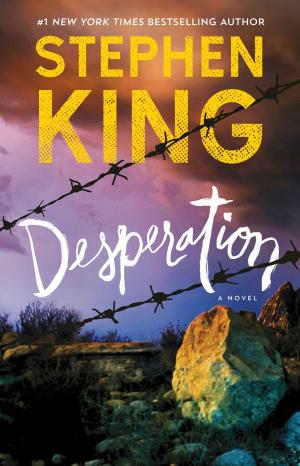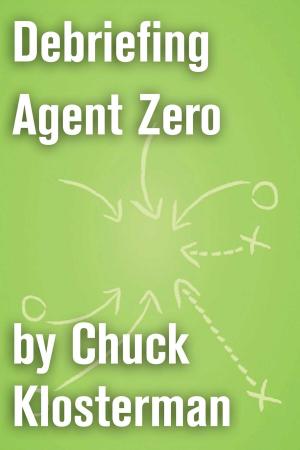The Other America
Poverty in the United States
Nonfiction, Social & Cultural Studies, Political Science, Government, Social Policy, Social Science, Sociology| Author: | Michael Harrington | ISBN: | 9781451688764 |
| Publisher: | Scribner | Publication: | August 1, 1997 |
| Imprint: | Scribner | Language: | English |
| Author: | Michael Harrington |
| ISBN: | 9781451688764 |
| Publisher: | Scribner |
| Publication: | August 1, 1997 |
| Imprint: | Scribner |
| Language: | English |
In the fifty years since it was published, The Other America has been established as a seminal work of sociology. This anniversary edition includes Michael Harrington’s essays on poverty in the 1970s and ’80s as well as a new introduction by Harrington’s biographer, Maurice Isserman. This illuminating, profoundly moving classic is still all too relevant for today’s America.
When Michael Harrington’s masterpiece, The Other America, was first published in 1962, it was hailed as an explosive work and became a galvanizing force for the war on poverty. Harrington shed light on the lives of the poor—from farm to city—and the social forces that relegated them to their difficult situations. He was determined to make poverty in the United States visible and his observations and analyses have had a profound effect on our country, radically changing how we view the poor and the policies we employ to help them.
In the fifty years since it was published, The Other America has been established as a seminal work of sociology. This anniversary edition includes Michael Harrington’s essays on poverty in the 1970s and ’80s as well as a new introduction by Harrington’s biographer, Maurice Isserman. This illuminating, profoundly moving classic is still all too relevant for today’s America.
When Michael Harrington’s masterpiece, The Other America, was first published in 1962, it was hailed as an explosive work and became a galvanizing force for the war on poverty. Harrington shed light on the lives of the poor—from farm to city—and the social forces that relegated them to their difficult situations. He was determined to make poverty in the United States visible and his observations and analyses have had a profound effect on our country, radically changing how we view the poor and the policies we employ to help them.















